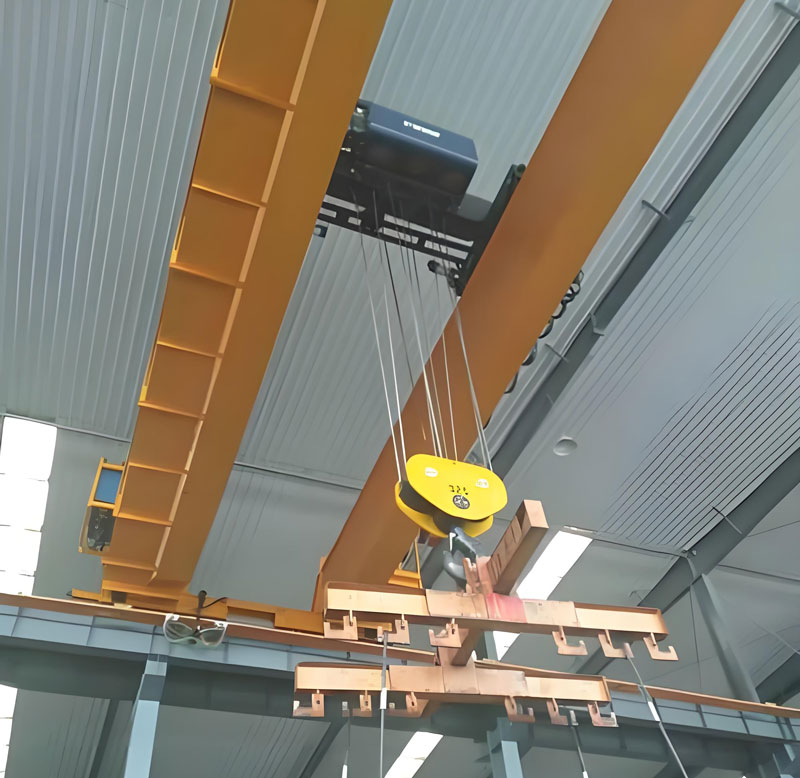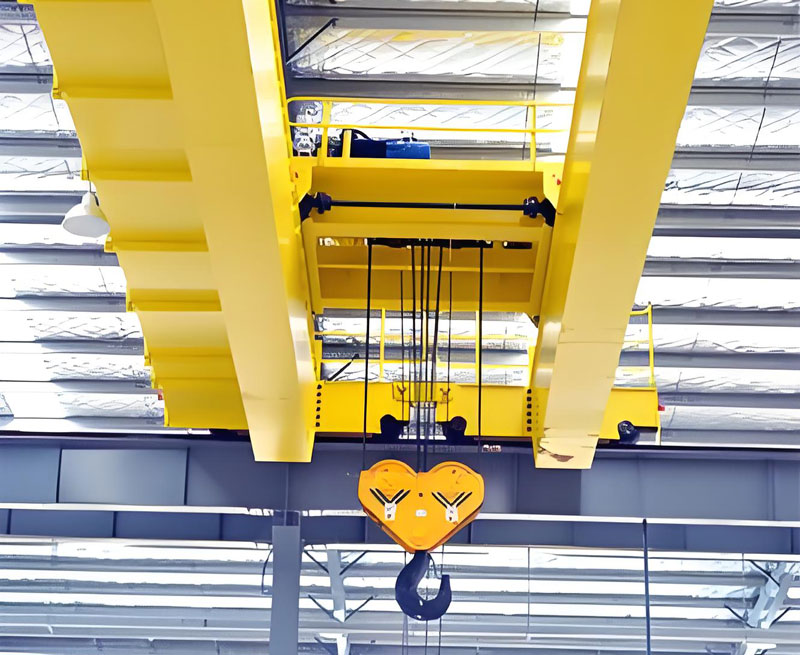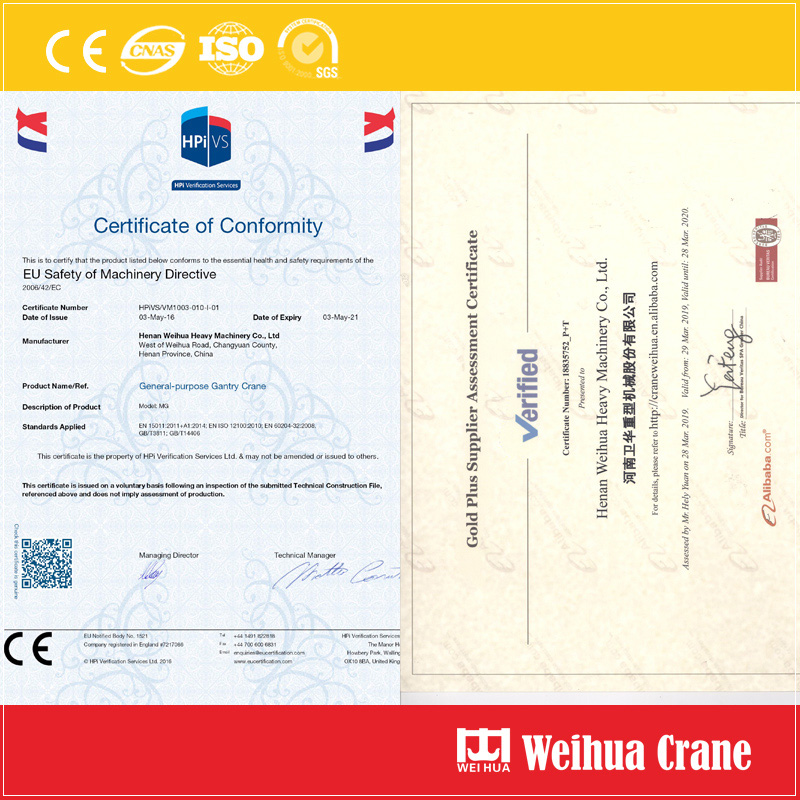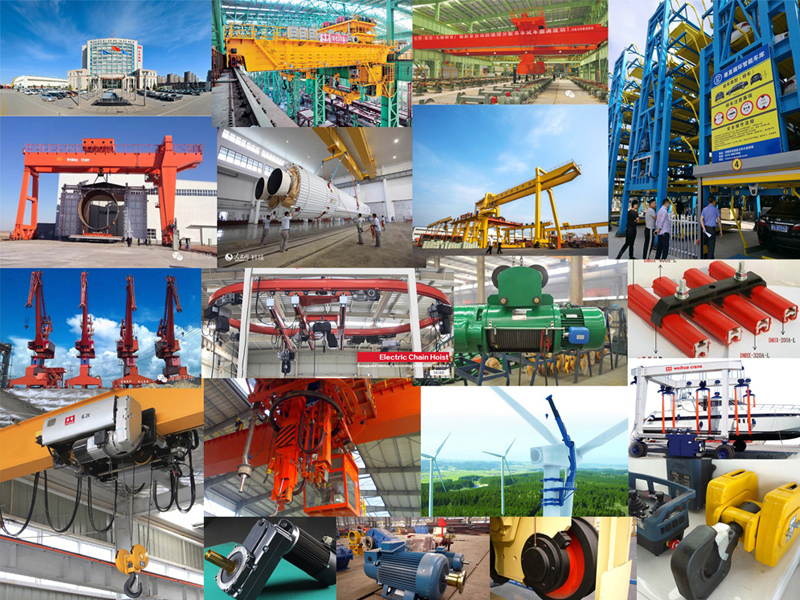In the demanding world of offshore operations – whether it’s oil & gas platforms, wind farm installations, or heavy marine construction – cranes are the indispensable workhorses. Lifting modules weighing hundreds of tons, maneuvering delicate equipment over treacherous waters, or handling critical supplies, their reliability is paramount. And at the very tip of this complex system? The crane hook. It seems simple, just a curved piece of forged steel. Yet, its failure can be catastrophic. That’s where offshore crane hook certification steps in – not as bureaucratic red tape, but as the fundamental guardian of safety, efficiency, and compliance.

The offshore environment is uniquely harsh:
An uncertified hook is an uncontrolled risk. Hidden flaws from manufacturing, undetected wear, microscopic cracks from fatigue, or corrosion weakening the structure can lead to sudden, catastrophic failure under load. Certification is the systematic process designed to prevent this.

It’s far more than just a sticker or a piece of paper. It’s a rigorous process typically encompassing:
1. Initial Manufacturing Certification:
2. Periodic In-Service Certification (Re-Certification):

A valid certification document isn’t just a formality; it’s a legal and safety record. It should clearly state:
1. Hook Identification (Serial Number, Manufacturer)
2. Safe Working Load (SWL) and related conditions (e.g., angle of use)
3. Applicable Standard (e.g., API 8C, ASME B30.10)
4. Date of Certification
5. Next Due Date for Recertification
6. Results of Proof Load Test (if performed)
7. Results of NDT (Type used – e.g., MPI – and outcome)
8. Name and Credentials of the Certifying Body/Inspector
9. Any limitations or remarks

Using an uncertified or overdue hook offshore is unthinkable:


Offshore crane hook certification isn’t an optional extra; it’s the bedrock of safe and efficient lifting operations. It provides the objective evidence that this critical, yet often overlooked, component is fit for the extreme demands placed upon it. Investing in rigorous, regular certification isn’t just about compliance; it’s a direct investment in the safety of your crew, the protection of the environment, the integrity of your assets, and the success of your offshore project. Never let that hook lift without its valid certification – it’s literally holding lives in the balance.
We value your feedback! Please complete the form below so that we can tailor our services to your specific needs.

Latest Comments